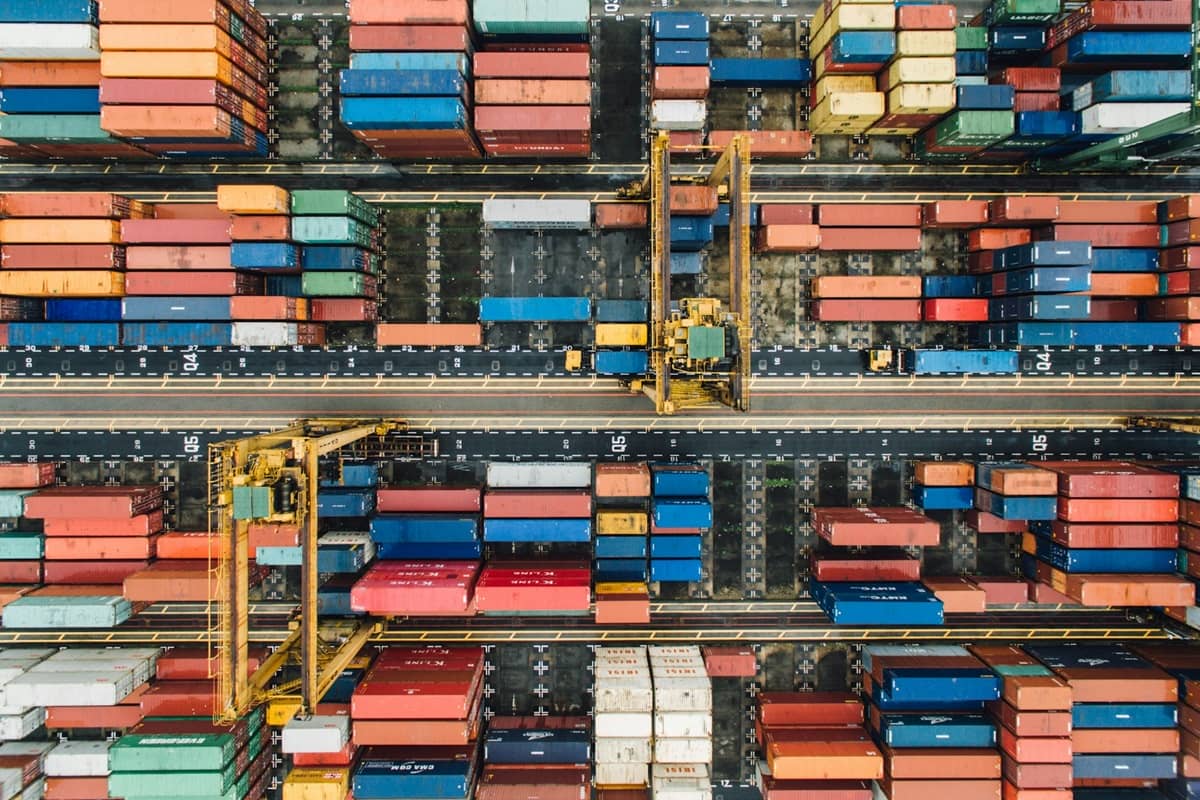US Treasury Secretary Janet Yellen said on Monday, April 8, that Washington takes a position of protest and rejection of the formation of a situation in which Chinese imports are transformed into a factor of negative impact on the situation in new segments of the industrial system.

Janet Yellen made the mentioned statement during a press conference as part of her four-day visit to China. The US Treasury Secretary visited the Asian country to, as she said, urge Beijing to solve the problem of industrial overcapacity.
During the specified press conference, Janet Yellen noted that the President of the United States, Joe Biden, will take measures to prevent a repeat of the so-called Chinese shock of the early 2000s. In this case, it means a situation in which the active import of goods made in an Asian country caused about 2 million jobs to be cut in the US manufacturing sector.
At the same time, Janet Yellen did not talk about new tariffs or other measures to impact the processes in the sphere of trade in the context of discussions on possible actions by Washington if Beijing continues to implement the policy of state support for the manufacturing of electric vehicles, batteries, solar panels and other products based on environmentally friendly energy.
The Treasury Secretary’s current visit to China is the second in the last nine months. Janet Yellen declares the thesis that excessive investment on the part of Beijing has caused the creation of such a large number of production facilities, which significantly exceeds the real level of consumer demand. Also in this context, she draws attention to the fact that exporting products manufactured in China can potentially cause significant economic damage to companies in the United States and other countries.
Janet Yellen stated that a specially created information exchange forum will offer solutions to industrial overcapacity after some time. She also mentioned the experience of negative consequences due to a similar problem that the United States steel sector has faced in the past. More than a decade ago, the Chinese government implemented a massive support program for the mentioned production sphere of the Asian country. Beijing’s corresponding actions have created a situation in which Chinese steel has fallen significantly in price on the world market, which has caused significant damage to manufacturers of corresponding products in the United States and other countries. As part of mentioning this experience, Janet Yellen once again noted that the current US leadership does not intend to accept a repetition of such a configuration of economic reality.
The Treasury Secretary stated that when the global market is flooded with Chinese goods, the cheapness of which, according to her, is artificial, such a parameter as the viability of companies from the United States and other countries is approaching the brink of extinction.
Janet Yellen said that negotiations with officials in China helped advance US interests. She also noted that concerns about industrial overcapacity are also shared by European countries, Mexico, Japan, the Philippines, and other emerging markets.
In the context of thinking about how Beijing could solve the problem, Janet Yellen mentioned measures such as stimulating consumer demand growth by providing support to retirement and households. Also, in her opinion, in this case, an effective move may be to refuse to invest in the sphere of supply within the framework of the current economic model of an Asian country.
Janet Yellen discussed the issue of industrial overcapacity with Chinese Premier Li Qiang. She also held a meeting with the Minister of Finance of the Asian country Lan Foan. Moreover, Janet Yellen talked with the head of the People’s Bank of China, Pan Gongsheng, and former vice premier Liu He.
The Treasury Secretary, while talking to media representatives after meetings with Chinese officials, said that her interest is directed not so much at trade restrictions against Beijing, as much as at the transformation of the local macroeconomic environment. At the same time, she noted that under certain circumstances, Washington may decide to impose tariffs.
Treasury officials reported to the media that the United States and China are currently deepening cooperation on financial stability issues. It is worth mentioning that against the background of the difficult situation in the economic space, exercises were held in the US to overcome the bankruptcy of a large bank. Treasury officials said two more financial shock simulations are scheduled.
The National People’s Congress, the parliament of the Asian country, last month announced its intention to take measures to limit industrial overcapacity. At the same time, Beijing adheres to the position that the perception by the United States and Europe of the mentioned current features of Chinese industry as a source of risks for other economies is erroneous.
In China, officials say that criticism from Washington and its allies on the specified occasion does not take into account the introduction of innovations in the main spheres of production activities. Also in this context, they note that the perception model of the problem inherent in the United States and Europe provides for an exaggeration of the importance of government support as a factor in stimulating growth. Moreover, Chinese officials say tariffs and other trade restrictions are depriving consumers around the world of access to alternative forms of green energy that are critically needed to achieve global climate goals.
Li Qiang said the United States should refrain from turning economic and trade issues into issues related to politics or security. Also, according to him, Washington should not consider the issue of production capacity in the context of a market or global point of view.
Chinese Commerce Minister Wang Wentao, during a roundtable meeting with electric car manufacturers in Paris, said that the claims of the United States and Europe about the excess capacity of vehicles of the corresponding category in the Asian country are not justified. He also said that Chinese companies specializing in the production of electric cars do not rely on subsidies but on technological innovations implemented on the principle of continuity, supply chains, a perfect manufacturing system, and full-fledged market competition.
As we have reported earlier, China Allocates $70 Billion to Low-Altitude Economy.









